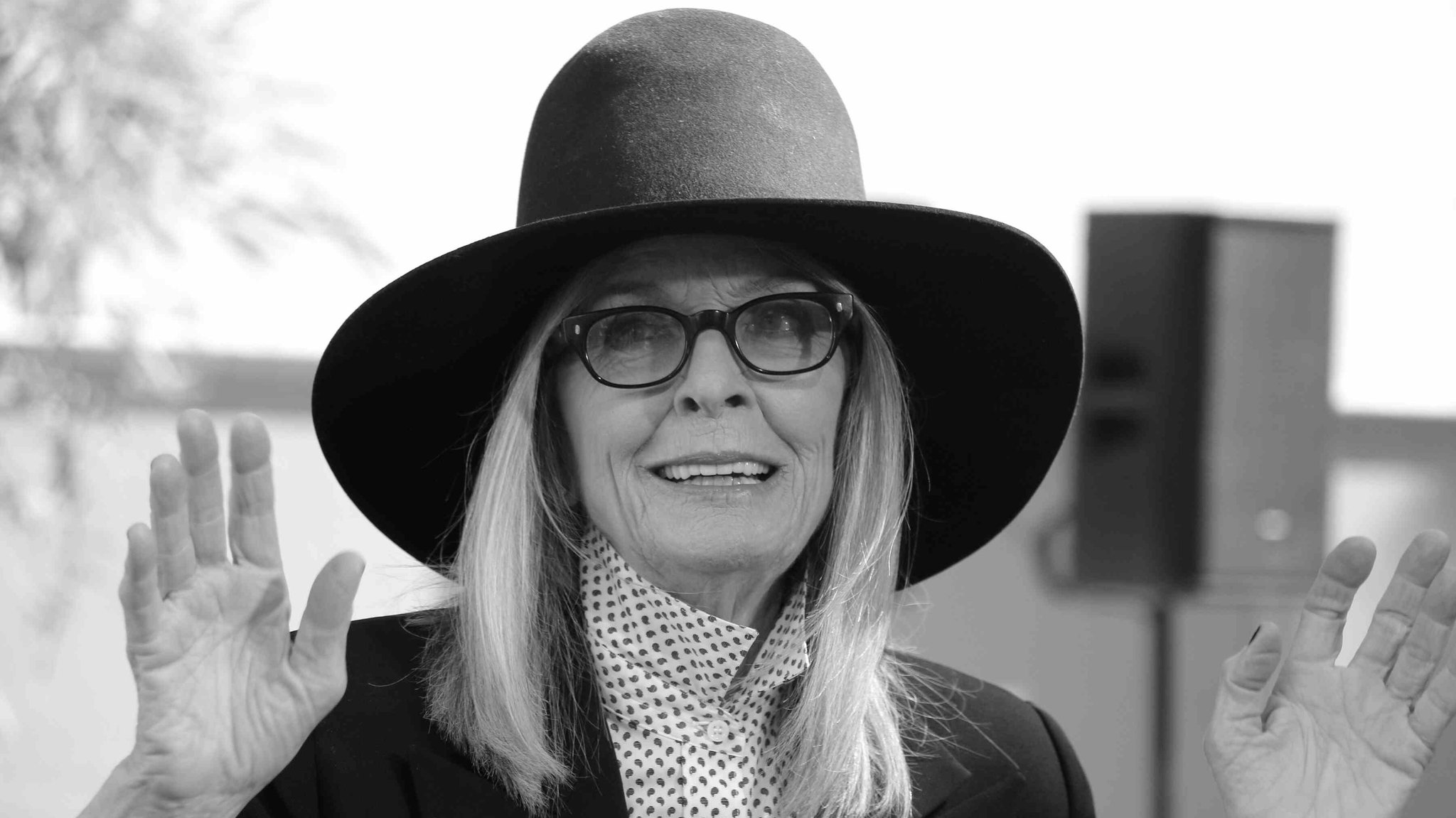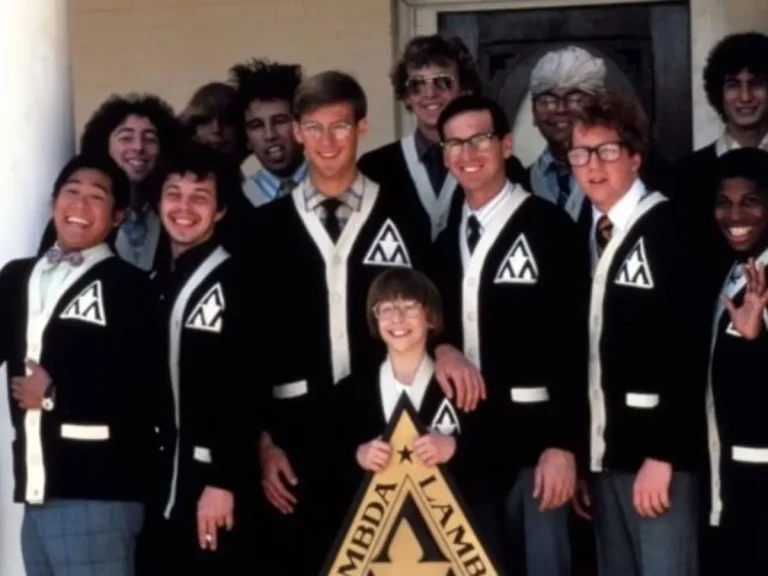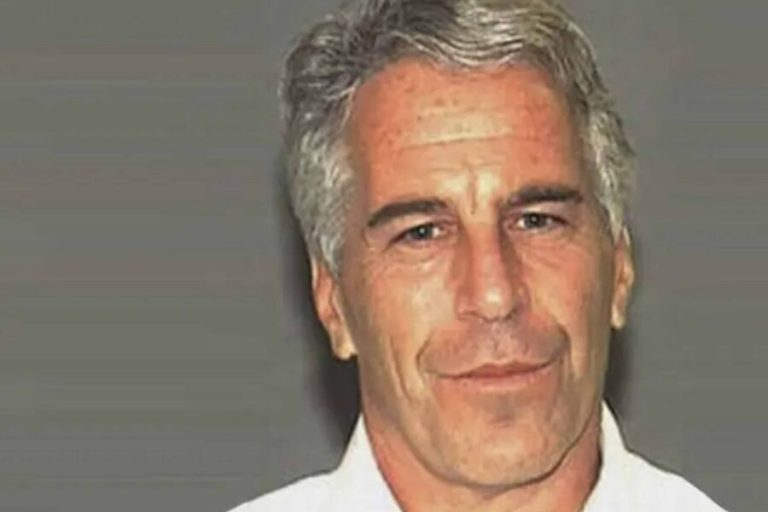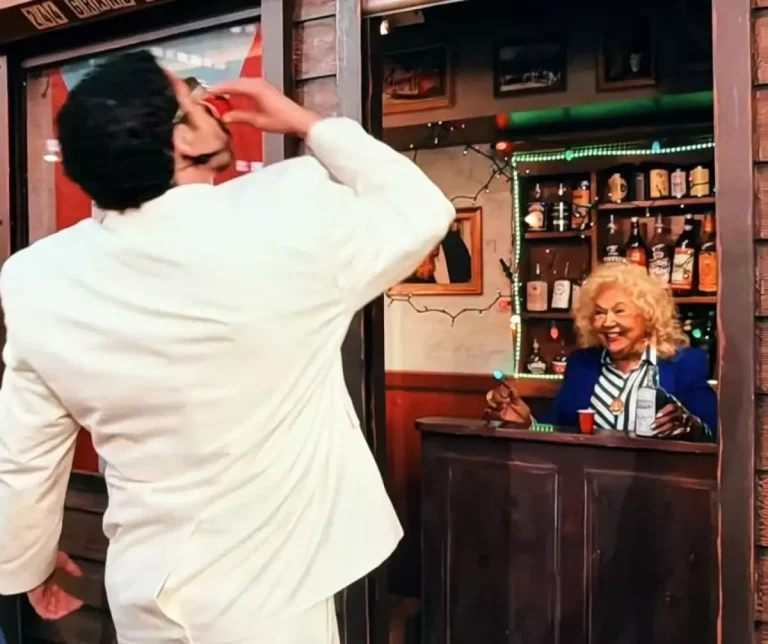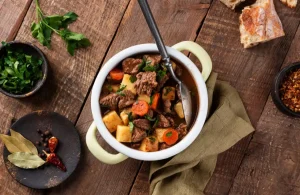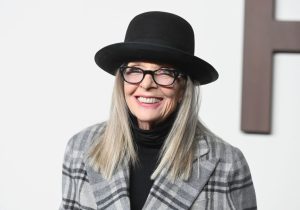It is with great sadness that the world bids farewell to one of Hollywood’s most beloved and influential figures. Diane Keaton, the endlessly charming and trailblazing actress who captivated audiences for over five decades, has passed away at the age of 79 in California. Her death leaves behind a void in the world of cinema, but her legacy — marked by brilliance, authenticity, and individuality — will endure for generations.
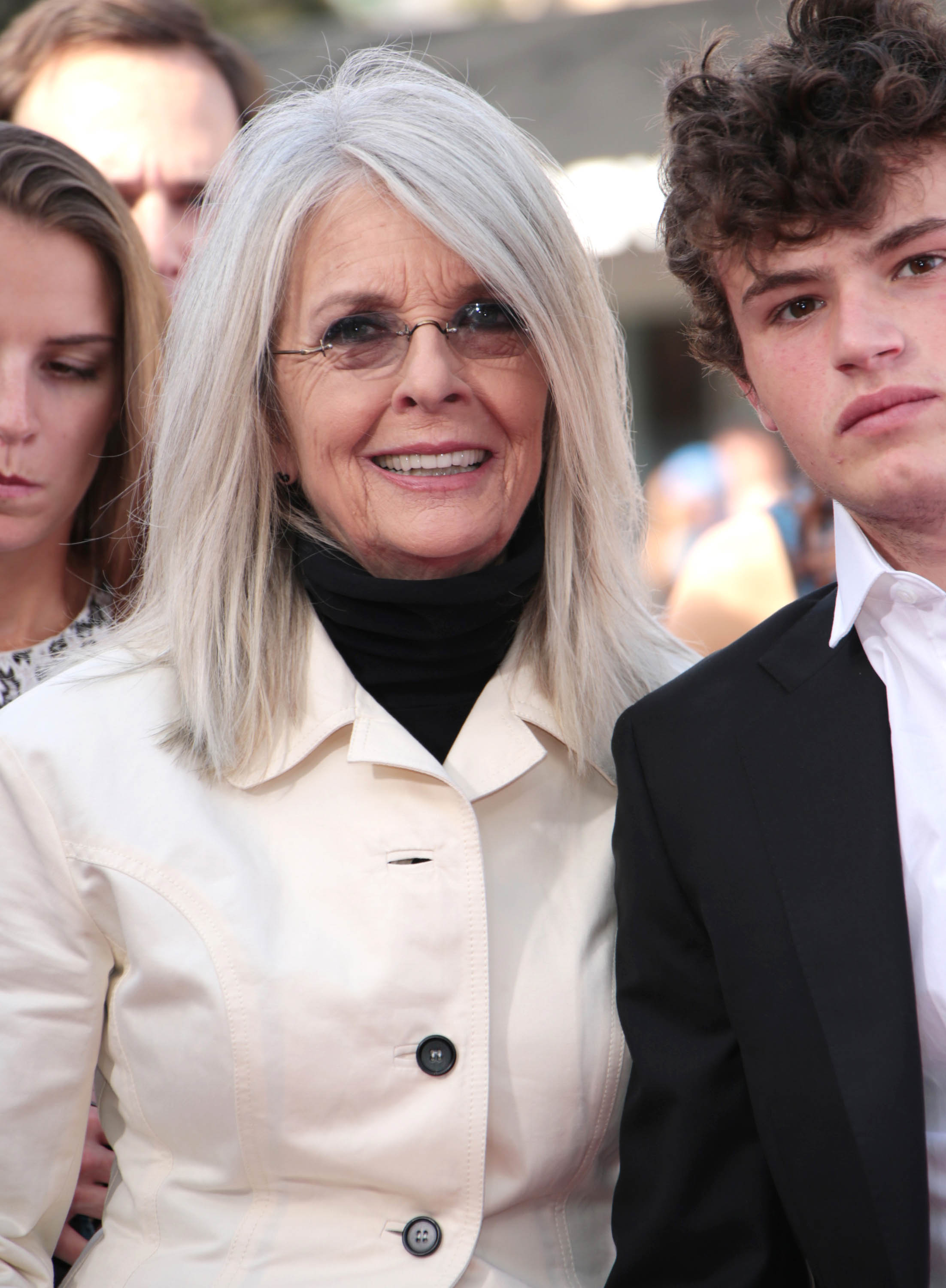
A Star Who Redefined What It Meant to Be Herself
Few performers managed to blend humor, intelligence, and vulnerability quite like Diane Keaton. Her screen presence was magnetic, her personality utterly unique. With her floppy hats, crisp suits, and a voice full of warmth and wit, Keaton was a woman who stood apart — not because she tried to, but because she never tried to be anyone else.
Born Diane Hall in Los Angeles in 1946, she was the eldest of four children. Her father worked as a civil engineer, and her mother — whose maiden name, Keaton, Diane would later adopt — was a homemaker and amateur photographer. That creative spirit deeply influenced Diane’s love for art, design, and expression, shaping the woman she would become both on and off the screen.
From an early age, she was drawn to storytelling. She studied drama at Santa Ana College and later at the Neighborhood Playhouse in New York City, where she began to hone her craft. Her early stage work led to an appearance in the Broadway musical Hair, a production that captured the spirit of the late 1960s and gave her a taste of the freedom she would embody throughout her life.
From Kay Adams to Annie Hall: A Cinematic Revolution
Keaton’s film career began in earnest when she landed the role of Kay Adams in Francis Ford Coppola’s The Godfather (1972). It was a performance that would immediately establish her as a serious actress — poised, intelligent, and emotionally grounded. As Michael Corleone’s conflicted wife, Keaton brought subtlety and depth to a role that could have easily been overshadowed by the film’s dominant male characters.
But it was Annie Hall (1977), directed by Woody Allen, that transformed Diane Keaton into a cultural phenomenon. Playing the quirky, endearing title character, Keaton didn’t just star in a film — she defined a generation. Her performance won her the Academy Award for Best Actress, but it was her effortless style and unguarded humor that made her unforgettable.
The oversized blazer, the necktie, the loose trousers — they weren’t the invention of a stylist, but of Keaton herself. In an industry built on conformity, she made individuality fashionable. Annie Hall became more than a movie; it became a movement, and Keaton became its face — the embodiment of modern womanhood in all its contradictions: confident yet uncertain, funny yet fragile, self-aware yet endlessly searching.
Decades of Reinvention
Over the next several decades, Keaton’s career continued to flourish. She worked across genres and generations, mastering both comedy and drama with equal finesse. In Reds (1981), she earned another Oscar nomination for her portrayal of journalist Louise Bryant, showcasing her ability to command deeply political, passionate roles.
In the 1990s, she became a familiar face to a new generation of audiences with films like Father of the Bride and The First Wives Club. Both movies solidified her status as an icon of mature, relatable femininity — funny, strong, and real. She showed that women over forty could lead blockbuster films and remain box office gold.
Her later years brought even more acclaim. Something’s Gotta Give (2003), opposite Jack Nicholson, earned her another Academy Award nomination and reminded audiences that Keaton’s romantic charm and comedic timing only grew sharper with age. Later, she embraced ensemble work with Book Club and Poms, continuing to bring humor and warmth to stories celebrating friendship and reinvention in later life.
A Woman of Many Talents
Though most widely known for her acting, Diane Keaton was a creative force in nearly every sense. She directed several projects, including Heaven (1987) and Hanging Up (2000), and produced films and documentaries that reflected her curiosity and artistic vision.
Beyond film, she was an accomplished photographer, writer, and designer. Her coffee table books on architecture and interior design — including California Romantica and House — reflected her passion for restoration and aesthetic detail. She had a well-documented love for historic homes, often buying and renovating properties across California.
Her memoirs, Then Again and Let’s Just Say It Wasn’t Pretty, gave readers a window into her mind — humorous, self-deprecating, and refreshingly honest. Through them, she shared her thoughts on family, fame, aging, and love, always with the same authenticity that made her performances so magnetic.
The Woman Behind the Legend
While Keaton’s professional life was luminous, she guarded her personal life with grace and discretion. She famously never married, often joking that she “waited too long.” She adopted two children, Dexter and Duke, later in life, finding in motherhood a sense of purpose and joy that transcended her career achievements.
In interviews, she spoke openly about the challenges of balancing fame and family, and about the deep admiration she held for her own mother, Dorothy. That relationship, marked by love and mutual respect, shaped much of Keaton’s worldview — one centered on self-acceptance, creativity, and the beauty of imperfection.
A Final Curtain Call
In her final years, Keaton remained active, both professionally and personally. She continued to act, write, and design, embodying the same free spirit that had defined her for half a century. Those close to her described her as “vibrant, funny, and fiercely independent” even as her health began to decline.
Her death at 79 came as a shock to fans and colleagues around the world. Though her family has requested privacy during this difficult time, tributes have poured in from across the entertainment industry. Fellow actors, directors, and admirers have remembered her not just for her performances, but for her integrity — her refusal to conform, her boldness, and her generosity of spirit.
A Legacy That Endures
Diane Keaton’s influence extends far beyond her filmography. She changed the way women were seen on screen — intelligent, flawed, stylish, and human. She showed that charm and strength could coexist, that humor could carry truth, and that growing older could be celebrated, not feared.
Her impact on fashion remains legendary. The “Annie Hall look” continues to inspire designers and everyday people alike, a testament to her instinctive sense of individuality. But more than her wardrobe, it was her confidence that inspired millions.
Keaton once said, “You’ve got to laugh at life, or it’ll break your heart.” It’s a philosophy she lived by — laughing, creating, and loving without apology.
Today, as fans revisit her greatest performances — from Annie Hall’s hesitant smile to Something’s Gotta Give’s tearful laughter — they will find comfort in knowing that Diane Keaton’s spirit lives on in every scene she touched.
Her work was timeless because she was timeless.
And though the curtain has fallen on her extraordinary life, Diane Keaton’s voice — soft, wise, and wonderfully unique — will continue to echo through the history of cinema.
May she rest in peace, forever remembered as a woman who dared to be herself — and, in doing so, changed everything.

Emily Johnson is a critically acclaimed essayist and novelist known for her thought-provoking works centered on feminism, women’s rights, and modern relationships. Born and raised in Portland, Oregon, Emily grew up with a deep love of books, often spending her afternoons at her local library. She went on to study literature and gender studies at UCLA, where she became deeply involved in activism and began publishing essays in campus journals. Her debut essay collection, Voices Unbound, struck a chord with readers nationwide for its fearless exploration of gender dynamics, identity, and the challenges faced by women in contemporary society. Emily later transitioned into fiction, writing novels that balance compelling storytelling with social commentary. Her protagonists are often strong, multidimensional women navigating love, ambition, and the struggles of everyday life, making her a favorite among readers who crave authentic, relatable narratives. Critics praise her ability to merge personal intimacy with universal themes. Off the page, Emily is an advocate for women in publishing, leading workshops that encourage young female writers to embrace their voices. She lives in Seattle with her partner and two rescue cats, where she continues to write, teach, and inspire a new generation of storytellers.




